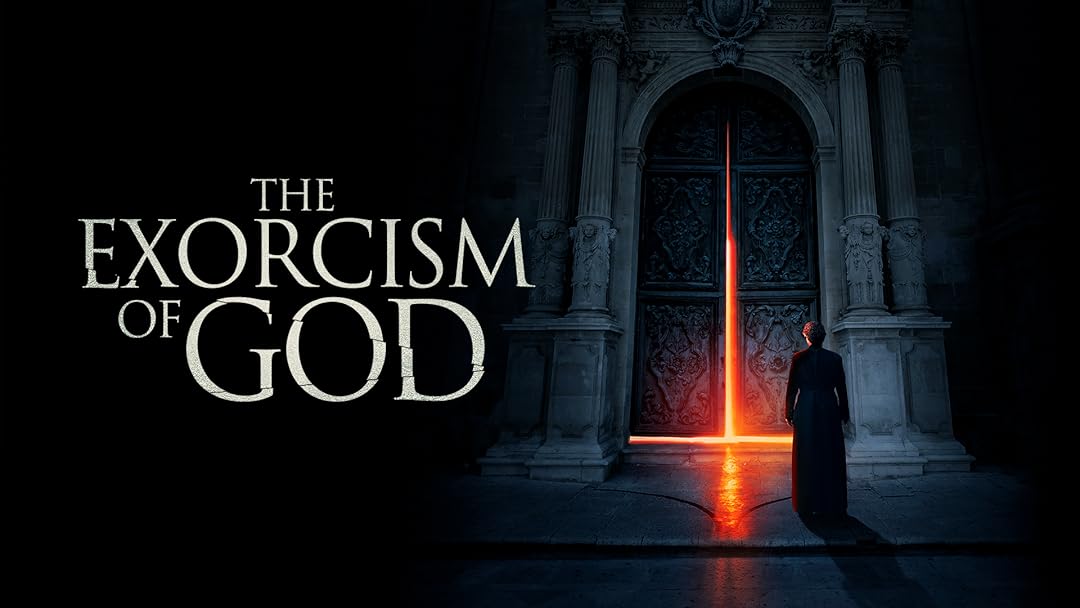B.A. Pass A Noir Descent into Desire and Despair

In the crowded landscape of Indian cinema, where stories often lean towards escapism and morality, B.A. Pass (2012) stands out as a dark, provocative, and unsettling film that dives deep into the underbelly of urban life. Directed by Ajay Bahl and based on Mohan Sikka’s short story The Railway Aunty, the film is a neo-noir thriller that explores themes of exploitation, loneliness, and survival in a harsh, indifferent world.
A Story of Lost Innocence
The film follows Mukesh, a young man from a small town who comes to Delhi after the death of his parents. Enrolled in a B.A. program—a degree often mocked for its perceived lack of direction—Mukesh finds himself without purpose, money, or a meaningful support system. When he meets Sarika, an older, seductive housewife, his life takes a dramatic turn. She draws him into a web of lust and manipulation that soon spirals into something far more dangerous.
What starts as a transactional sexual relationship soon reveals layers of power imbalance, deception, and commodification of bodies. Mukesh becomes a pawn in a game far bigger than he understands, and his descent into Delhi’s shadowy gigolo network becomes a metaphor for his vanishing agency.
Themes: Power, Exploitation, and Survival
At its core, B.A. Pass is not just about sex; it’s about the emotional and psychological toll of being used. It exposes how financial desperation can strip people of dignity and how human relationships are corrupted when everything, including intimacy, has a price. The film offers no heroes—only survivors making morally grey choices in a system designed to fail them.
Sarika’s character, played with cold sensuality by Shilpa Shukla, is particularly complex. She is both predator and victim—a woman trapped in a loveless marriage, seeking control in the only way she knows. Mukesh, portrayed with heartbreaking vulnerability by Shadab Kamal, is emblematic of youth caught in the crosshairs of urban alienation and economic hardship.
Cinematic Approach
Ajay Bahl’s direction is gritty and unflinching. He uses the camera not just to observe but to implicate, immersing the viewer in the suffocating silence and moral ambiguity of Delhi’s upper-middle-class homes and dark alleyways. The cinematography is moody and minimalist, evoking a sense of dread that mirrors Mukesh’s journey.
The film’s pace is deliberate, allowing the tension to simmer. The absence of melodrama works in its favor, making the characters and situations feel disturbingly real.
Cultural Impact
Upon its release, B.A. Pass sparked conversations about sexuality, gender power dynamics, and the hidden economies that operate behind closed doors. It was praised for its boldness and criticized for its explicit content, but it undeniably carved a niche in Indian independent cinema. It showed that Indian films can tackle adult themes with nuance, without resorting to sensationalism.
In the years since, B.A. Pass has gained a cult following and remains a powerful example of how noir storytelling can illuminate societal decay.
Conclusion
B.A. Pass is not an easy film to watch, but it is a necessary one. It compels us to confront uncomfortable truths about class, desire, and human vulnerability. In a society quick to judge and slow to empathize, B.A. Pass reminds us of the quiet tragedies unfolding behind seemingly normal lives.



